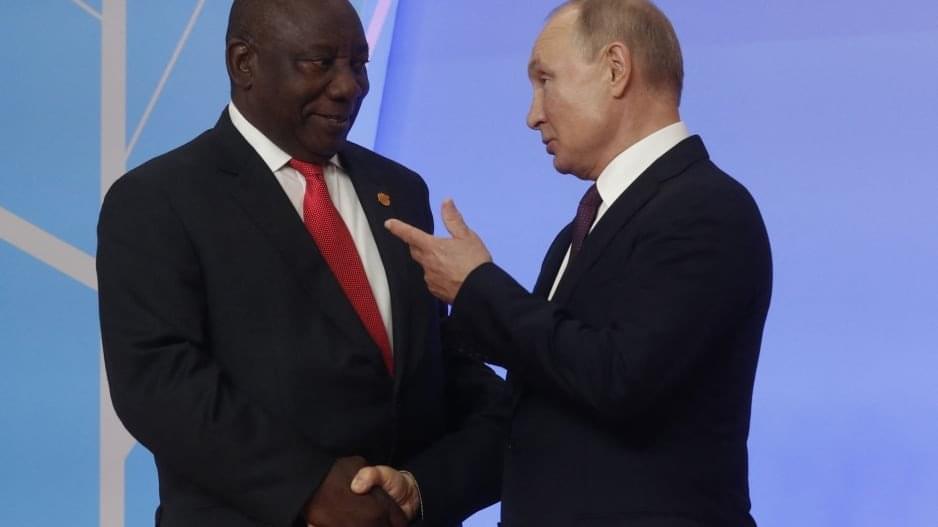Russia’s agriculture minister says Moscow has begun free shipments of grain totalling up to 200,000 tonnes to six African countries, as promised by President Vladimir Putin.
In a statement posted on Telegram on Friday, Dmitry Patrushev said that ships headed for Burkina Faso and Somalia had already left Russian ports, and that additional shipments to Eritrea, Zimbabwe, Mali and Central African Republic would soon follow.
Putin had promised to deliver free grain to the six countries at a summit with African leaders in July, soon after Moscow withdrew from a deal that had allowed Ukraine to ship grain from its Black Sea ports despite the war with Russia.
The agreement, brokered by the United Nations and known as the Black Sea grain initiative, aimed to help avert famine by injecting more wheat, sunflower oil, fertiliser and other products into world markets, including for humanitarian needs.
After Russia announced its plan to send free shipments, UN Secretary-General Antonio Guterres warned that a “handful of donations” would not correct the “dramatic impact” caused by the end of the Black Sea deal.
Since quitting the arrangement, Russia has repeatedly bombed Ukrainian ports and grain storage facilities, and Kyiv says hundreds of thousands of tonnes of cereals have been destroyed.
In response to the collapse of the deal, Ukraine announced a “humanitarian corridor” hugging the western Black Sea coast near Romania and Bulgaria.
On Friday, the Interfax-Ukraine news agency quoted a senior Ukrainian government official as saying that about 151 ships have used the new Black Sea shipping corridor since it was set up in August.
A total of 4.4 million metric tonnes of cargo, including 3.2 million tonnes of grain, has been shipped via the corridor, Yuriy Vaskov, deputy minister for renovation and infrastructure, was quoted as saying.
Vaskov said that 30 ships were being loaded at Ukrainian ports. They included 22 ships that would carry 700,000 tonnes of grain and eight ships readying 500,000 tonnes of other cargo.
Ukraine is one of the world’s leading grain producers and exporters. Keeping grain exports flowing is key for its economy, which shrank by about a third last year. It is expected to grow by about 5 percent this year.
Source Aljazeera









